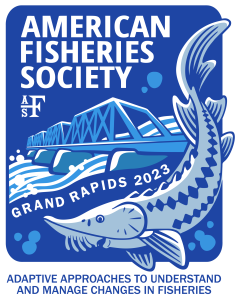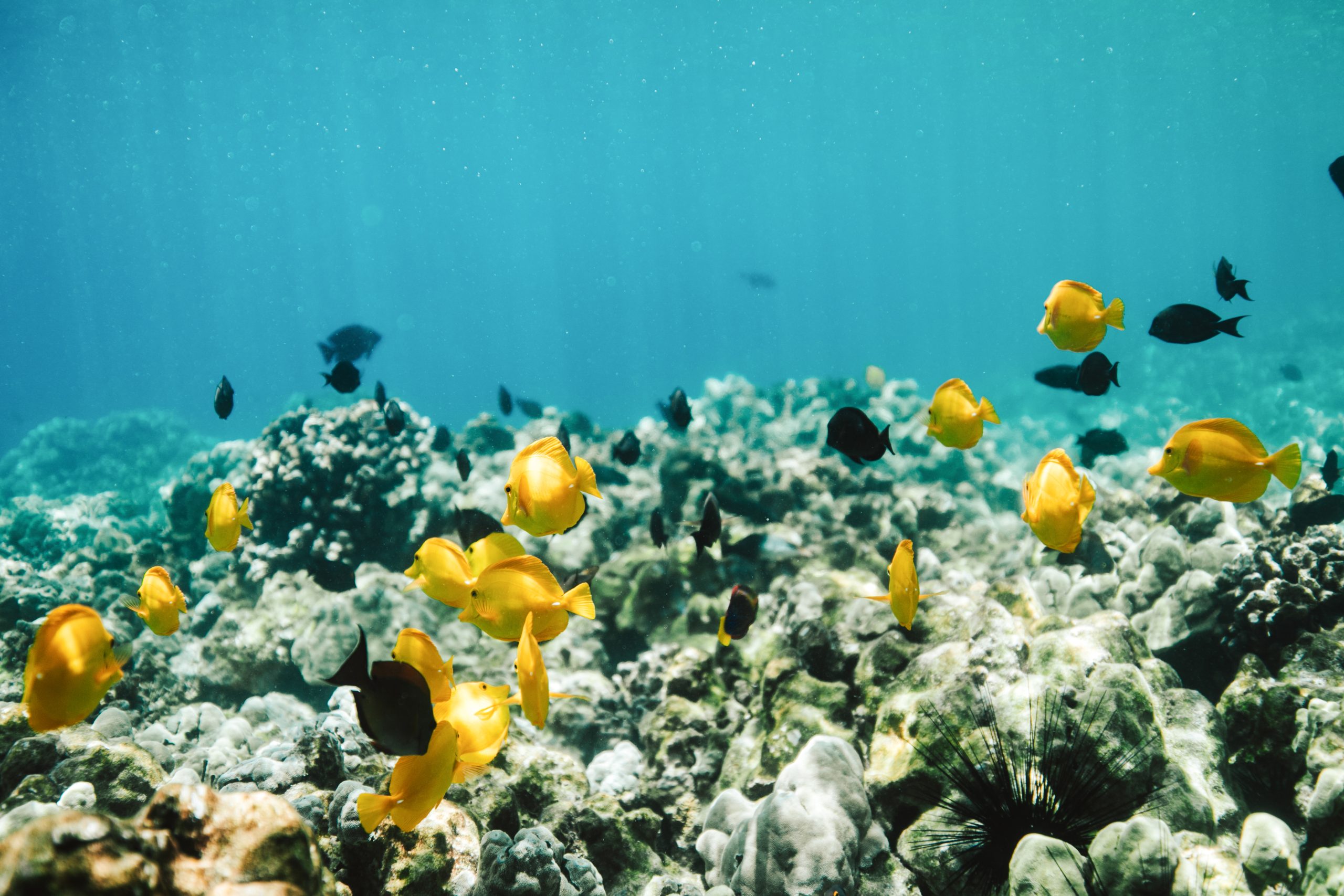
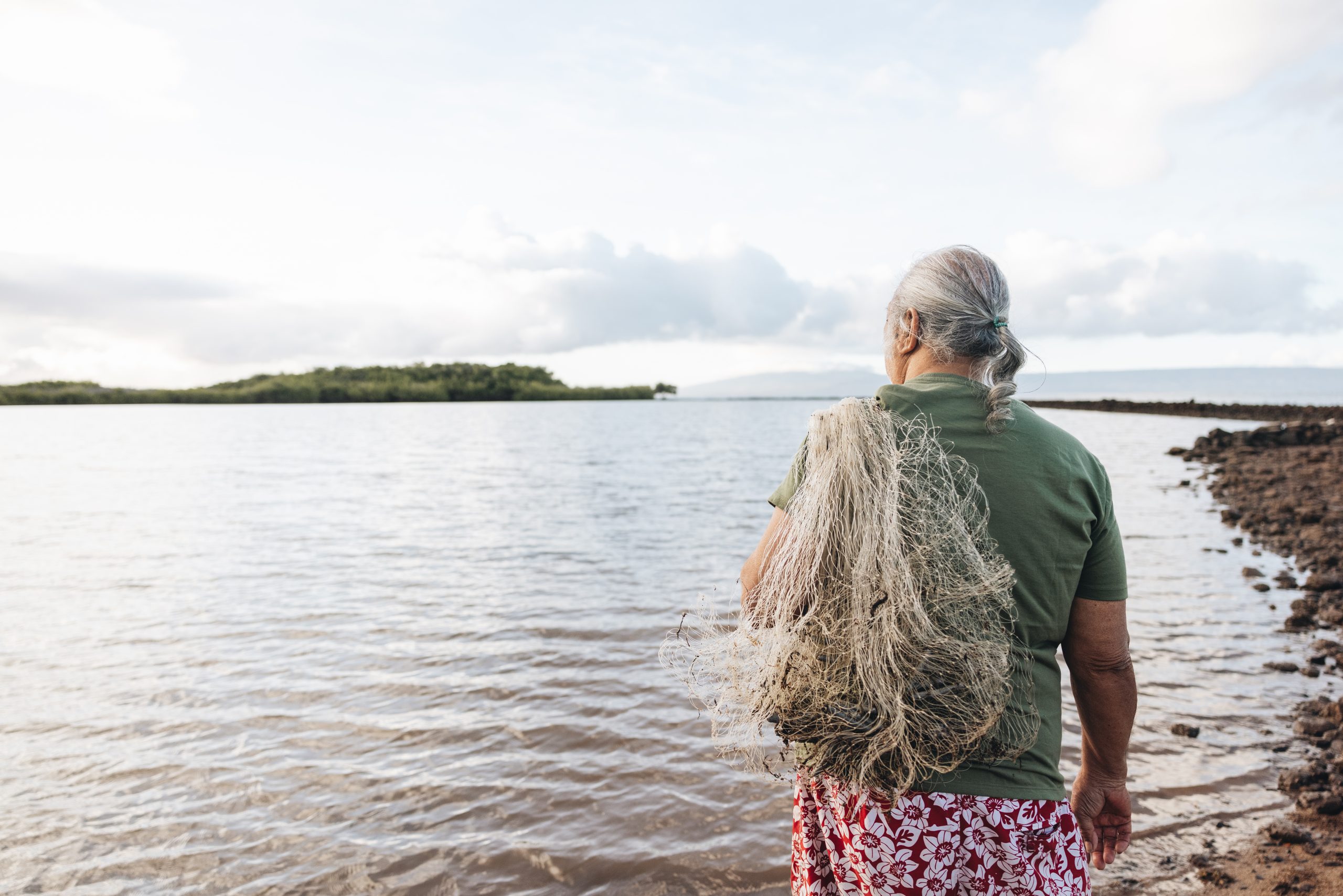

Conserving Fishes and
Fishing Traditions through
Knowledge Co-Production
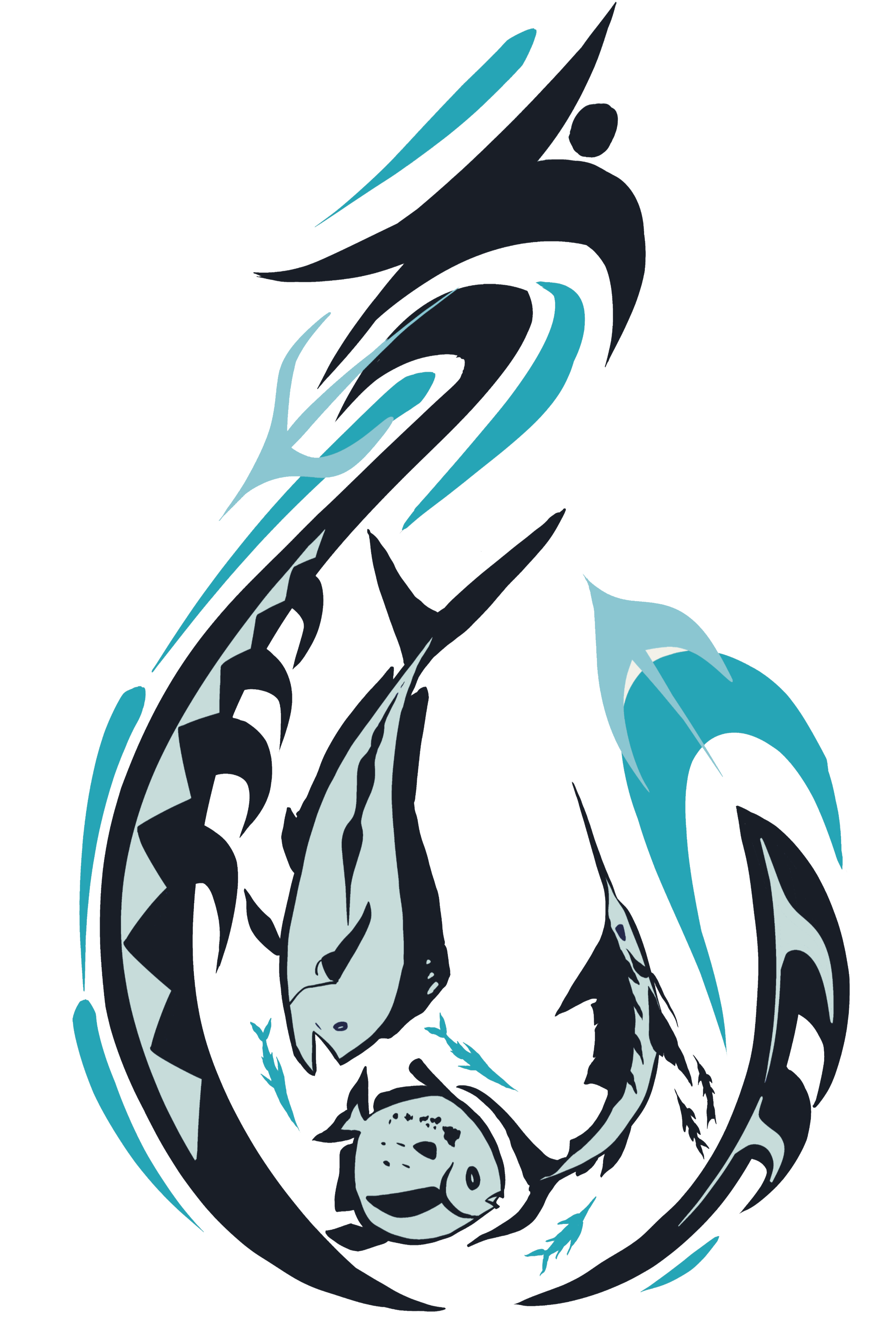
The American Fisheries Society (AFS), President Cecil Jennings, the AFS Western Division, and AFS Pacific Islands Chapter are excited to host the 154th AFS Annual Meeting, September 15-19, 2024 in Honolulu, Hawai’i. The theme “Conserving Fishes and Fishing Traditions through Knowledge Co-Production” will stimulate a wide range of sessions focusing on the past, present, and future of fisheries conservation and management as we bring together professionals from across North America, the Pacific Islands, and countries throughout the world. The Honolulu Program Committee invites proposals for symposia, workshop/continuing education courses, and innovative sessions that support the theme and look to advance the fisheries profession.
Abstract submission has been extended until May 3.
Conference Timeline
Session Submission Opens
Session Submission Closes
Abstract Submission Opens
Registration Opens
Abstract Submission Closes
Early Registration Deadline
Conference Begins
Aloha! As attendees of the American Fisheries Society Annual Meeting, we must honor and respect the rich culture of Kānaka Maoli (Native Hawaiians) and the natural beauty of these islands. One aspect of our mission as the Respectful Meetings Working Group is to guide AFS meeting attendees to be respectful visitors, ensuring that our presence contributes positively to the local community and environment.




Explore Nearby Lodging Options
Whether you prioritize proximity to the convention center, beachfront access, great restaurants, or just a relaxed vibe, we have the perfect hotel for you at a great rate.
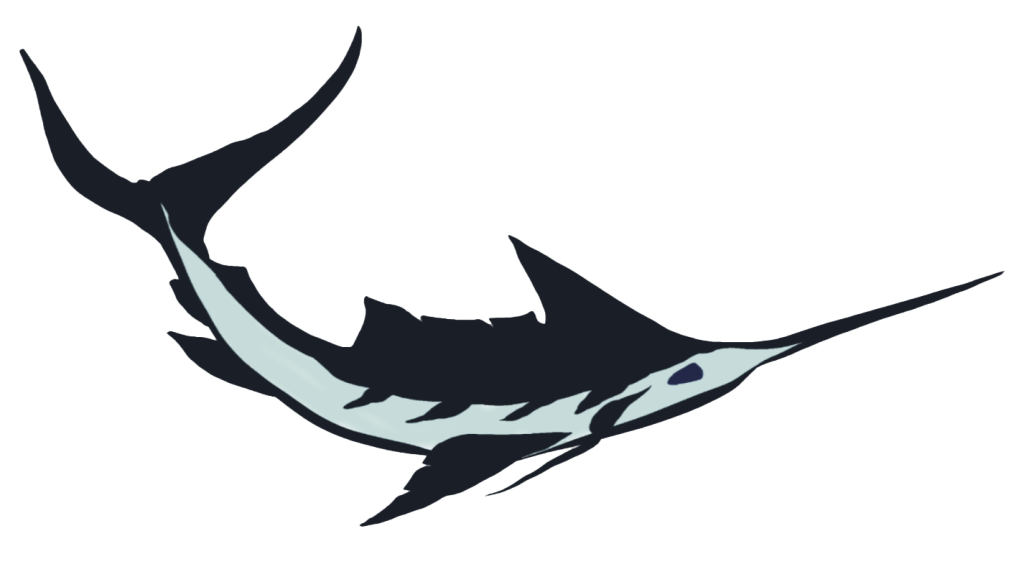
Maui Nui Strong
We at AFS are deeply saddened and concerned about the recent devastating wildfires on the island of Maui. If you would like to help, please see Maui Nui Strong for more information about how to contribute to Maui Wildfire Relief.
Sessions
Creative Communications To Raise Awareness and Appreciation for All The Fish
Developing an Effective Risk Reduction Strategy to Ensure a Safe Work Environment for Observers
Reshaping Research and Centering Indigenous Communities in Fisheries Management
Pollution, Toxicity, and the Need for More Species-specific Data
Fostering New Perspectives in Marine and Estuarine Science
The 6th MYRIBS: Over 10 Years of International Communications and Collaborations
Building Fisheries Science Partnerships between Fisheries Commissions and the U.S. Geological Survey
Spawning Splendor: Exploring Fish Aggregations in Tomorrow’s Seas
Lessons in Fish Reproduction for Sustainable Fisheries: Learning from Multiple Knowledge Sources
Co-creating and Sharing International and Traditional Knowledge about Fish Passage and Hydropower
Applications of Social Science in Fisheries
Husbandry, Health and Happy Fish: Advances and Innovations in Aquaculture
Native Freshwater Nongame Fishes: Here, There, and Everywhere
Knowledge Co-production and Management Strategy Evaluation
Knowledge Co-production in the Implementation of Closed Season and MPAs in Africa
Coastal Systems in Flux: Fish and Fisheries in a Multi-stressor World
Advanced Statistical Solutions to Complex Fisheries Problems
Fire Effects on Surface Waters
Setting Boundaries: Integrating Biocomplexity into Assessment-Management Paradigms
The Potential of Fisheries to Prevent and Reduce Marine Debris
Growing Fisheries Research and Management Through Angler Engagement
Proactive Programs to Protect Aquatic Habitat
Ready, Set, Hire: Paving the Way for Future Fisheries Workforce, Stewardship and Conservation
Championing Underdogs: Managing Imperiled Species Despite Political and Social Challenges
Science and Management of U.S. Island Fisheries: Challenges, Successes, and Forward Progress
Advances in Shark Deterrent Technologies to Reduce Bycatch in Fisheries
Sustaining Aquatic Ecosystems with Holistic, Functions-based Approaches to Environmental Flows
Freshwater Mollusks of Ecological and Cultural Importance
Investing in Communities, Science, and Restoration – NOAA BIL and IRA Funding
Resource Surveys in a Changing Landscape
Co-production of Integrated Ecosystem-based Science for Management Decisions
Animal Movement Models on Aquatic Landscapes: Climate Challenges and Solutions
Successes and Challenges of Integrating Ecosystem Indicators into Management
Collaboration in Practice
“MacGyvering”: Innovative Problem Solving in Fisheries Science
Co-Produced Fisheries Science and Management in the Gulf of Mexico
Advanced Technologies for Fisheries Monitoring and Integration with Cultural Practices
To Citizen Science or Not: Building a CitSci Project for Resource Management
Dam Removal and Ecological Transformation on the Klamath River
Offshore Wind, Fish, and Fisheries – Emerging Knowledge and Applications
Indigenous & Community Stewardship of Pacific Coastal Fisheries in a Changing Environment
Fish as Ecological Indicators of Restoration Success
Enhancing Fisheries Management and Conservation through Spatial Data and Data Accessibility
Toxic Waters: Investigating the Physiological Impacts of Pollutants on Aquatic Life
Northern Pike: From Fascinating to Formidable
Putting Fisheries Science to Work: Innovative Ways to Bridge the Knowledge-Action Gap
Resilient by Design: Measuring Effectiveness of Freshwater Restoration
What’s New? Standard Methods for Sampling North American Freshwater Fishes, 2nd Edition
Harmonizing Offshore Wind Energy Development and Marine Fisheries Research
